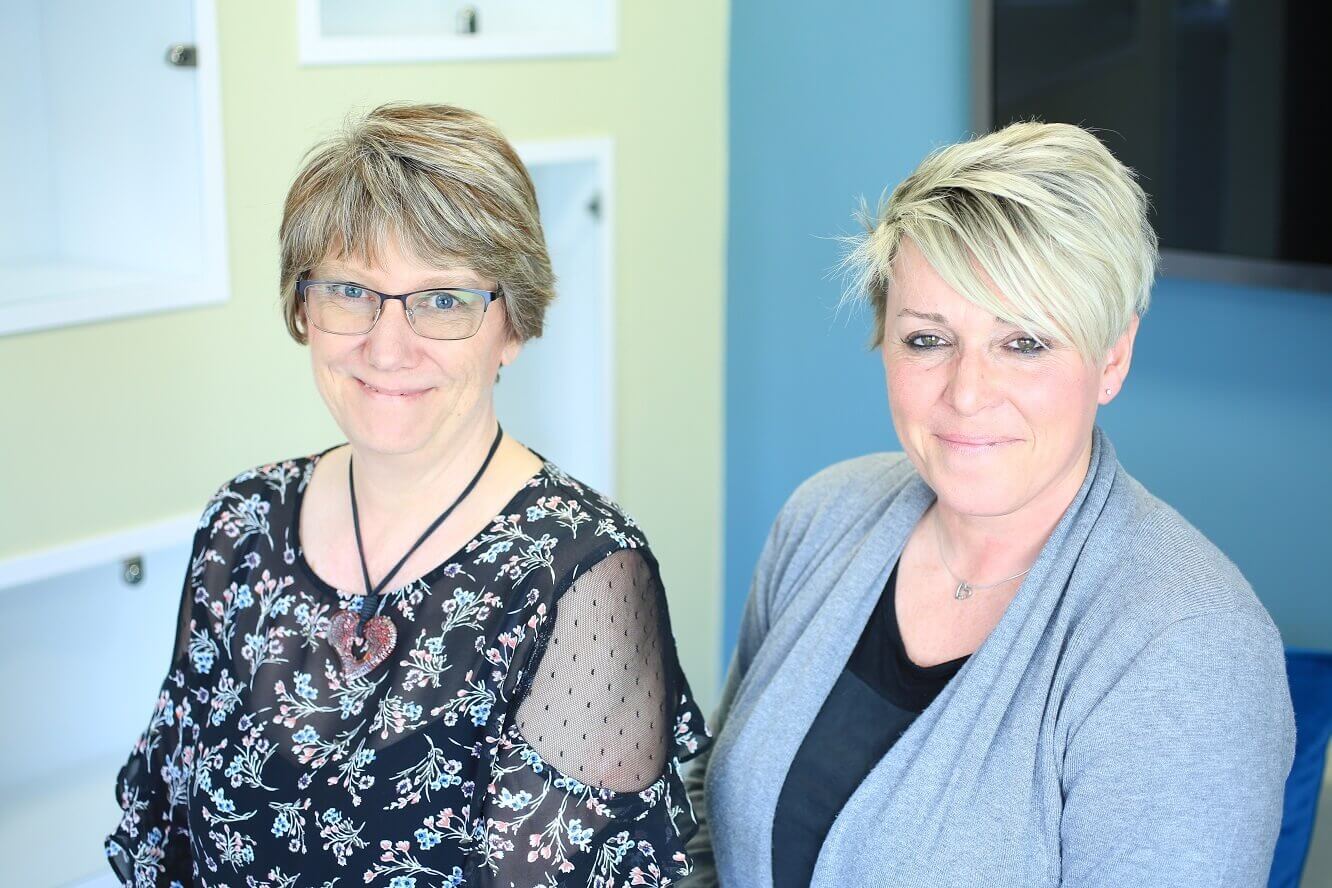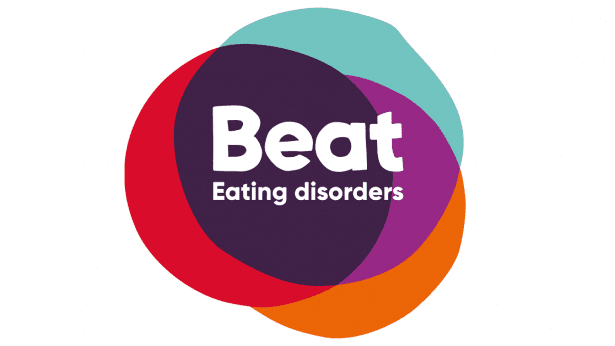
ANNUAL health checks for people with learning disabilities should include objective hearing assessment, health experts say.
Current guidance on hearing assessment during an annual health check focusses on subjective assessment only, which previous research has shown to be ineffective. Alternatives, such as objective hearing screening have been recommended.
Researchers at the University of Sunderland have been working in collaboration with colleagues across two local NHS Foundations Trusts, with the support from NHS Sunderland Clinical Commissioning Group.
Audiologists screened the hearing of people with learning disabilities in the community and found that some adults had hearing issues that had not been identified previously, despite annual health checks taking place.
Lead researcher Karen Giles Principal Lecturer at the University’s Faculty of Health Sciences and Wellbeing, said: “We think the annual health check should be changed to include objective hearing assessment.
“There is cultural apathy towards hearing loss, understanding of symptoms in adults with learning disabilities and recognised anxieties about health interventions which often prevents this ‘vulnerable’ group from seeking treatment.
“Our study aimed to assess the feasibility of hearing screening and, using a pop-up clinic model and hand-held screening devices, examine the last recorded annual health check outcome for hearing, for those diagnosed with hearing loss as a result of the screening process.”
The collaborative research group organised hearing screening in four locations at pop-up clinics across the city and saw 75 people with learning disabilities taking part. Contact was made with each individual’s GP to share results and to request onward referral where indicated.
While wax build-up prevented screening for 23% of the participants, 57 people completed the screen, and 25 had suspected hearing loss.
Of these, 22 people required referral to Audiology to verify their hearing thresholds. Thirteen were actually referred, and 11 individuals attended assessment in Audiology, resulting in 10 being diagnosed with hearing loss.
The most recent annual health check outcomes for hearing were also examined for those diagnosed with hearing loss. Of the records the team accessed, hearing loss had not been identified or actioned in every case.
Karen says: “Hearing screening is shown here to be a suitable method for detecting hearing loss. We recommend changing current annual health check practice to incorporate objective screening. Only 12% of those with suspected hearing loss were already known to Audiology services, suggesting a substantial proportion of undetected hearing loss in the community. Inclusion of hearing screening in the annual health check aims to raise awareness and increase knowledge, leading to better outcomes.”
Dr Lynzee McShea, a Senior Clinical Scientist in Audiology at South Tyneside and Sunderland NHS Foundation Trust was the Audiology lead for this project. She says: “Around 40% of all adults with learning disabilities are thought to be living with hearing loss, but much of this remains undiagnosed and therefore unmanaged.
“A number of barriers exist around referral to Audiology services and misconceptions about the testing and treatments available. It is assumed that people with learning disabilities cannot have their hearing tested or will not benefit from wearing hearing aids but this is not the case.
“As a result of this research, we have successfully fitted several individuals with hearing aids so far, which has improved their communication abilities and their quality of life.”
Ashley Murphy, Learning Disability and Autism Primary Care Programme Manager for Sunderland CCG and Cumbria, Northumberland Tyne and Wear NHS Foundation Trust, worked as part of the collaborative group and organised the pop-up clinics.
She said: “I have continued to be concerned about the amount of people who have either full wax occlusion in their ears or undiagnosed hearing loss. In some cases the hearing loss can lead to distress in the individual who cannot self-report and depend on health services to successfully identify unmet health needs and then provide a solution. The point of care model of working is the system that can help do this.”



